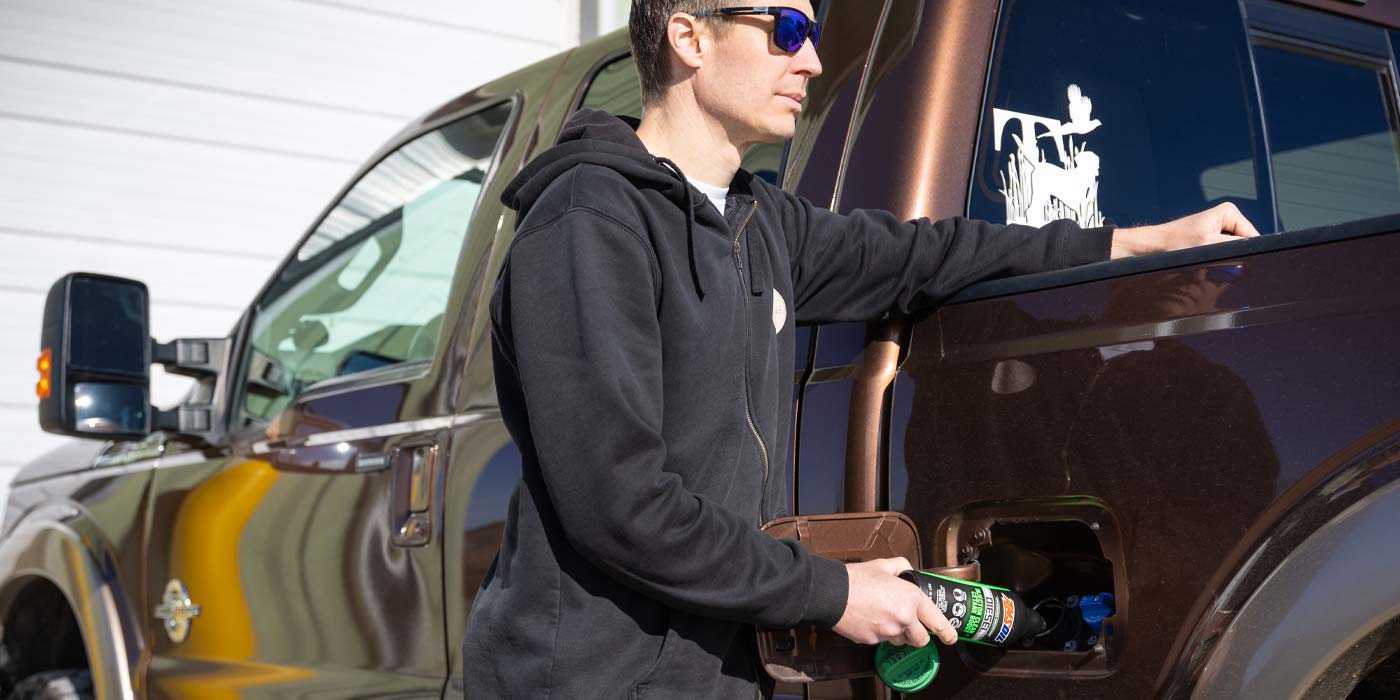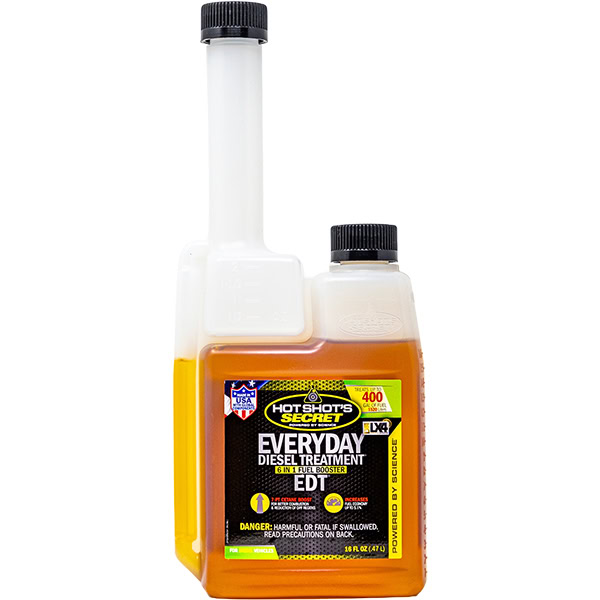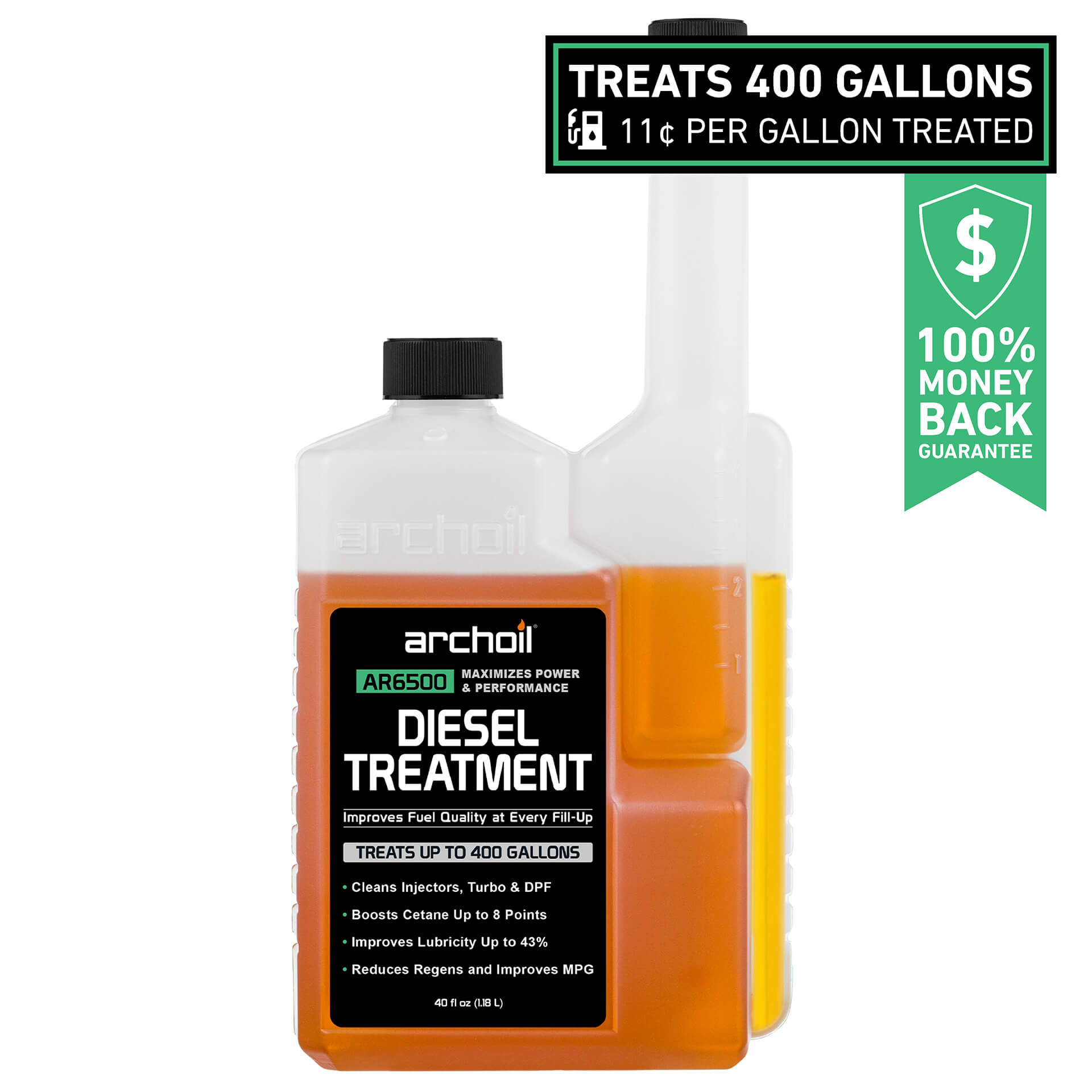
Fuel Additives Address Diesel Deficiencies - Engine Builder Magazine
Advancements in diesel fuel additives continue to play a pivotal role in improving the performance and efficiency of diesel engines.



So glad you asked that question. It made be look into fuel additives including the one I use, which turns out doesn't improve cetane.While reading through the article some questions and thoughts came up. Is there one additive that does it all? Can mixing additives be detrimental for certain engines? What is the final $/gal of the fuel? But that should be looked at in conjunction with fuel economy and lower maintenance costs.
Then there’s this “carbon footprint “ thing. Earth is based on carbon and most fuels whether green or not is some form of a hydro-carbon chain. So the manipulators won’t quit until we can no longer drive our diesels. But what’s everybody’s thoughts about my additive questions?


I do remember seeing that.You all do remember this test, actual comparisons of the products available back then,,, still somewhat relevant I'm sure...
We've used Atf quite a bit in our 6.0s and so far no issues helps lube Injectors for sureSlightly on and off topic - generically speaking - I got flamed on here yrs ago for mentioning it, best diesel additive for lube and increasing BTU’s I’ve ever used is atf.
Yeah, I get it. I’m usually curious too. Maybe it doesn’t at the end of the day - add btu. I don’t even remember specifically where I got it.. I think from the pump rebuilder. Can’t remember now. I’ve been operating and taking care of equipment since I was a kid, before I could legally drive, too much info has been lost from memory.I am not questioning your post. It is just that I have looked several times in the past (same with TCW3 oil) and the information is conflicting and usually "questionable" as to the source of BTU values. A person can do a search and find people claiming it is higher, and people insisting that it is lower, so my conclusion has been that it is hard to know for certain. The key point really isn't the BTU content anyway. Adding a quart of high BTU content additive is immaterial really (1 quart in a tank that holds 120 quarts) . Now if it can improve cetane, that is a bit different. I admit - often times I am curious to a fault ......
Pinned by Project Farm
@ProjectFarm
3 years ago
Thanks for requesting this showdown video and please let me know which brands to test in the next round. Products Tested In This Video (in no particular order).
Thank you, Todd Power
Service Diesel Fuel Supplement: https://amzn.to/3l8mfmc
Power Service Diesel 911: https://amzn.to/32g5wEY
Howes: https://amzn.to/3j4TepK
Hot Shot's: https://amzn.to/34lL1ct
Stanadyne: https://amzn.to/3j6rIs2
Amsoil: https://amzn.to/31fF1jE
I beg to differ. It's a small point, but...I've only seen issues running a larger in bed tank from south to north, because of windchill that has to be treated.
